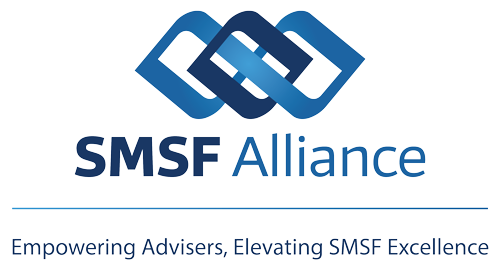Identity theft is a serious issue and becoming increasingly common. It generally begins with a phishing email from, seemingly, a trusted source that entices you to login, thereby exposing your credentials. In the past these emails were often primitive and easily identifiable due to their poor use of language, salutation or formatting but the scammers are cleaning up their act – I suspect with the help of ChatGPT.
Today I received an email advising me that my email account had been logged into from a Russian location. It helpfully provided some links which would allow me to block my account if it wasn’t me who’d logged in. The email was well written and looked legitimate. It was sent from info@microsoft.com and I had never received such an email before. I thought that unauthorised access would be unlikely, given that I have protected my email account in the most comprehensive manner, but it was still alarming.
I ignored the email, logged directly into my email account and checked the access records. As expected, I was the only one who had accessed it but I was surprised to find that, over the last month, several unsuccessful attempts had been made from Russia, Iran, Germany, Switzerland and the United States.
No harm was done but it did underline the increasing activity of scammers and was a timely reminder, which I’m sharing with you, to make sure you have implemented all the data safeguards you can and to check any email alerts for authenticity – even if they look totally legitimate.
Incidentally, Microsoft has notified that an alert from them would have come from noreply@accountprotection.microsoft.com.


